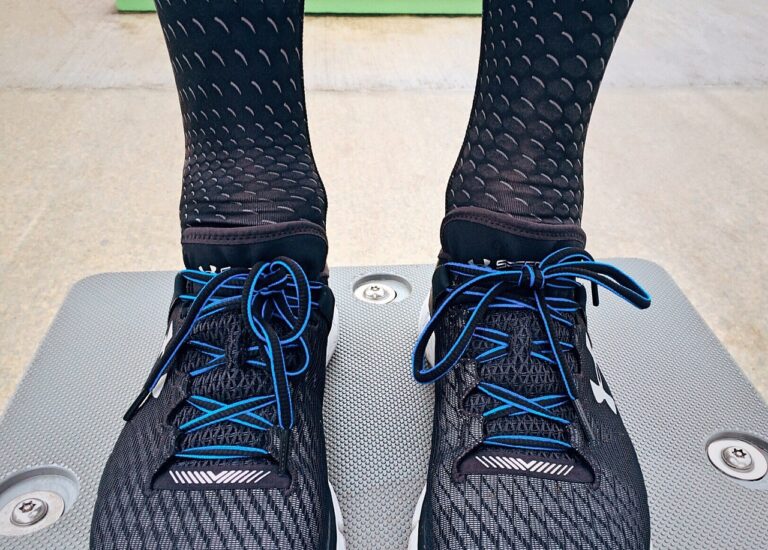Analyzing the relationship between infectious diseases and antimicrobial stewardship: Welcome 11xplay, Laser247. Com, World777.com registration
welcome 11xplay, laser247. com, world777.com registration: Rheumatology and Reflexology: A Holistic Approach to Healing
In today’s fast-paced world, many people are searching for alternative methods to treat chronic conditions such as rheumatoid arthritis, osteoarthritis, and other rheumatic diseases. These conditions can be debilitating and can greatly impact a person’s quality of life. Traditional treatments such as medication and physical therapy are often used to manage symptoms, but more and more individuals are turning to holistic approaches like reflexology to find relief.
What is Rheumatology?
Rheumatology is a branch of medicine that focuses on the diagnosis and treatment of musculoskeletal disorders and autoimmune diseases. Some common rheumatic diseases include rheumatoid arthritis, lupus, gout, and fibromyalgia. These conditions can cause inflammation, pain, stiffness, and swelling in the joints and muscles, making it challenging for individuals to perform daily activities.
Traditionally, rheumatologists prescribe medications such as nonsteroidal anti-inflammatory drugs (NSAIDs), corticosteroids, disease-modifying anti-rheumatic drugs (DMARDs), and biologics to manage symptoms and slow the progression of the disease. Physical therapy and exercise are also recommended to help improve flexibility, strength, and range of motion.
What is Reflexology?
Reflexology is a non-invasive complementary therapy that involves applying pressure to specific points on the hands, feet, and ears to stimulate healing responses in the corresponding organs, glands, and body systems. This ancient practice is based on the theory that the body is divided into zones and that massaging or pressing these zones can help restore balance and promote overall health and well-being.
Reflexology is thought to increase blood circulation, reduce pain and inflammation, release tension, and improve nerve function. By stimulating the body’s natural healing mechanisms, reflexology can help alleviate symptoms of rheumatic diseases and improve the body’s overall function.
How Does Reflexology Help Rheumatic Conditions?
Many individuals with rheumatic conditions have found relief from symptoms such as pain, stiffness, and fatigue through regular reflexology treatments. By focusing on specific reflex points that correspond to the joints, muscles, and organs affected by the disease, reflexologists can help reduce inflammation, improve circulation, and promote relaxation.
Reflexology can also help individuals with rheumatic conditions manage stress, which is known to exacerbate symptoms. By promoting relaxation and reducing tension, reflexology can help calm the mind and body, leading to a greater sense of well-being and improved quality of life.
Combining Rheumatology and Reflexology for Holistic Healing
The combination of traditional rheumatology treatments and reflexology can provide individuals with a holistic approach to managing rheumatic conditions. By addressing both the physical and emotional aspects of the disease, individuals can experience greater relief from symptoms and improved overall health.
Rheumatologists and reflexologists can work together to create a customized treatment plan that addresses the individual’s unique needs and concerns. This collaborative approach can help individuals manage symptoms, improve function, and enhance their quality of life.
FAQs
1. Is reflexology safe for individuals with rheumatic conditions?
Reflexology is generally safe for individuals with rheumatic conditions, but it is essential to consult with a qualified reflexologist and inform them about your specific condition and any medications you are taking.
2. How many reflexology sessions are recommended for individuals with rheumatic conditions?
The number of reflexology sessions needed will vary depending on the individual’s condition and response to treatment. Some individuals may benefit from weekly sessions, while others may find relief with monthly treatments.
3. Can reflexology cure rheumatic diseases?
While reflexology can help alleviate symptoms and improve overall health, it is not a cure for rheumatic diseases. It is essential to work with a rheumatologist to manage the disease and incorporate reflexology as a complementary therapy.
In conclusion, rheumatology and reflexology can work hand in hand to provide individuals with a holistic approach to healing rheumatic conditions. By addressing the physical, emotional, and spiritual aspects of the disease, individuals can find relief from symptoms, improve function, and enhance their quality of life. If you are living with a rheumatic condition, consider incorporating reflexology into your treatment plan to experience the many benefits it has to offer.







